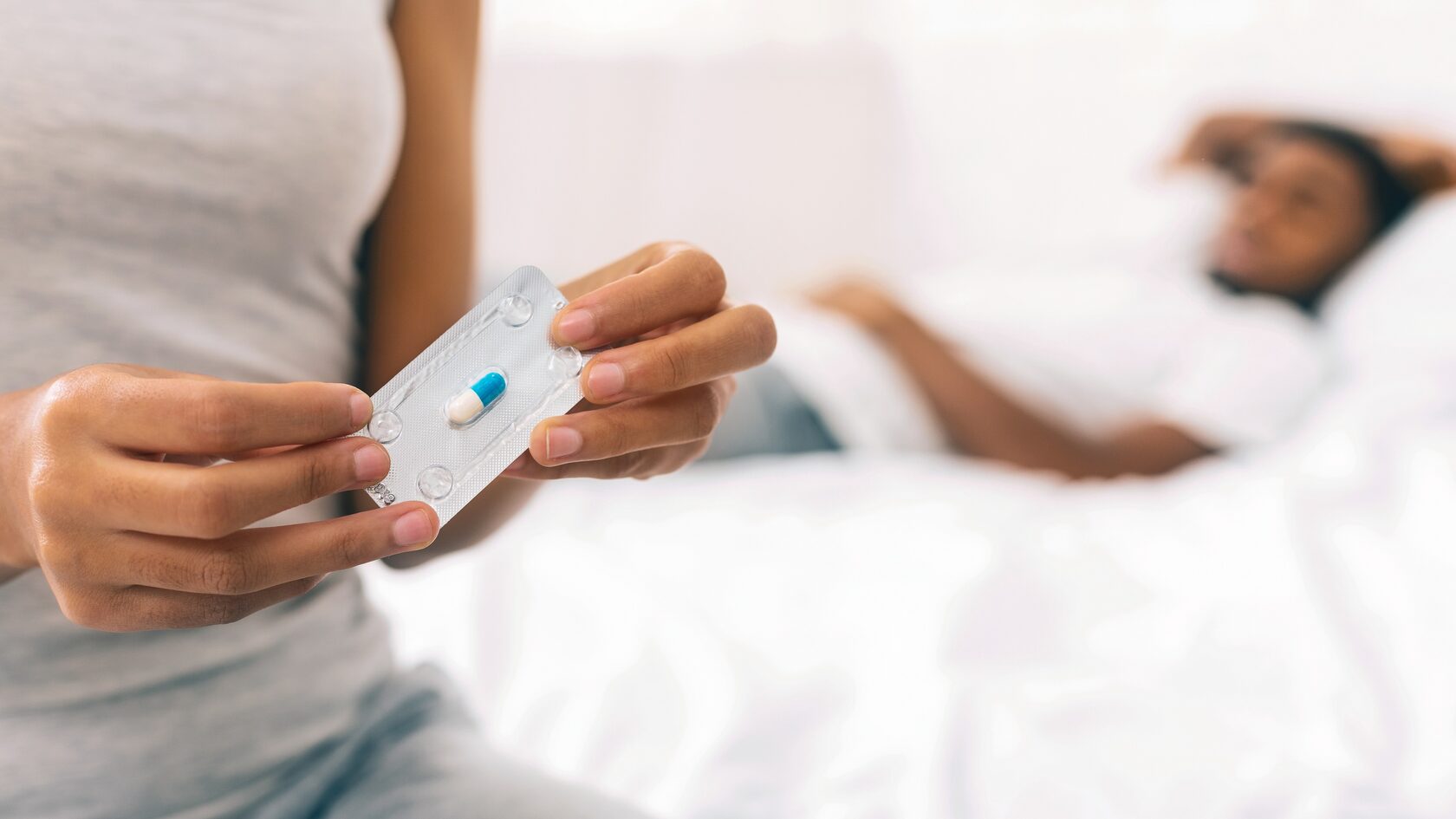Emergency contraception, also known as "post-coital contraception" or the "morning-after pill," is a method of preventing unintended pregnancy after unprotected sexual intercourse or in case of failure of regular contraception methods. This method can play a crucial role in maintaining women's reproductive health and helping them make informed decisions about their bodies and health. Let's delve into how emergency contraception works and when it should be used.
How It Works:
Emergency contraception typically relies on the use of hormonal medications, such as hormonal pills or vaginal rings, which contain high doses of estrogen and/or progestin. These hormones help prevent or delay ovulation, reducing the likelihood of egg fertilization.
In some cases, emergency contraception may involve the insertion of a medical intrauterine device (IUD), which creates an unfavorable environment for fertilization or implantation of the egg in the uterus.
In some cases, emergency contraception may involve the insertion of a medical intrauterine device (IUD), which creates an unfavorable environment for fertilization or implantation of the egg in the uterus.
When to Use It:
After Unprotected Sex:
If unprotected sexual intercourse has occurred or there has been a failure in the use of regular contraception, emergency contraception can be applied within 72 hours (or even up to 120 hours depending on the type of medication) after intercourse.
In Case of Regular Contraception Failure:
If you have forgotten to take your regular contraceptive pill, experienced a condom or spermicide failure, emergency contraception can be used as a backup option.
After Violence or Sexual Assault:
Women who have experienced violence or sexual assault can also seek emergency contraception to prevent pregnancy resulting from unwanted sexual intercourse.
It is important to remember that emergency contraception is not a method of regular contraception and does not protect against STIs (sexually transmitted infections). It is intended solely to prevent unintended pregnancy and should not be used as a permanent method of contraception.
Emergency contraception is available in most pharmacies without a doctor's prescription. However, consultation with a medical professional is always recommended for additional information and application recommendations. If you have any doubts or questions, do not hesitate to seek help and advice from a doctor or pharmacist.
